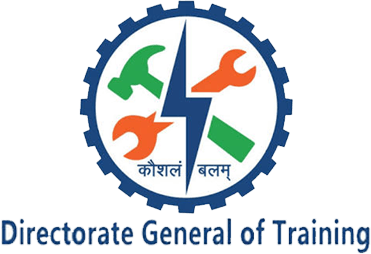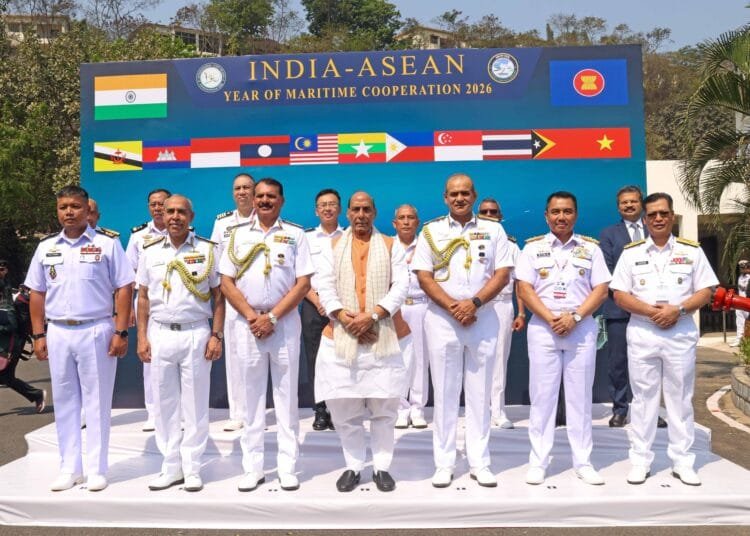Save rainwater now or live with dry taps

India, which depends almost completely on the annual monsoons, currently faces the most severe water crisis in the annals of its known history. A recent report by NITI Aayog predicted that as many as 21 cities in the country will see the total depletion of their groundwater by as early as 2020.
Even today, our cities run dry like clockwork during summers. Nevertheless, there is still not enough awareness about the simple solution of rainwater harvesting in India.
Can we really afford to neglect this straightforward solution any longer?
Santhosh Kumar, Vice Chairman – ANAROCK Property Consultants looks at the scary situation with deep concern.
Cities that Rose to the Challenge:
In Bangalore, the Bangalore Water Supply and Sewerage Board (BWSSB) has mandated that every structure built on 30×40 sq ft and above and old buildings built on 40×60 sq ft above should install rainwater harvesting. In case anybody fails to do so, he/she must pay a penalty every month. Interestingly, despite its annual water woes, Bangalore gets ample rainfall.
There even are some notable success stories. A R Shivakumar, also known as the city’s ‘Rain Man’ has built a house that is completely dependent on rainwater harvested during the rains. His house ‘Sourabha’ in Vijayanagar runs on water collected in underground and overhead tanks. Shivakumar has spoken widely on the importance of rainwater harvesting and has played a big role in the establishment of the ‘Sir M Visvesvaraya Rainwater Harvesting Theme Park’ in Bangalore’s Jayanagar area.
Even though Bangalore has taken strong steps to enforce rainwater harvesting, several studies still number it – right along with the notorious Cape Town – among the ‘hot zones’ that may run out of water sooner rather than later.
Chennai is among the leaders in rainwater harvesting and boasts of several successful examples of water conservation.
Rainwater harvesting is compulsory in the city, and fresh designs for rainwater harvesting structures have been incorporated into the Tamil Nadu Combined Development and Building Rules, 2019. As a notable example, residents of 56 apartments of the Sabari Terrace Complex in Sholinganallur, Chennai planned, designed and implemented a rainwater harvesting structure to collect rainwater on their own terraces.
In Delhi, the Ministry of Urban Development and Poverty Alleviation has made it mandatory for all new buildings on plots of 100 sq. meters and above to provide for water harvesting through storing of water runoff including rainwater.
In rural Maharashtra, Shirpur – once an arid, drought-stricken area – has literally turned green due to the adoption of rainwater harvesting. Known as a green district today, Shirpur has – almost solely through the efforts of its residents – built rainwater harvesting systems and small dams to cultivate three to four crops a year.
Getting It Done – State Level
Major cities like Delhi, Mumbai, Bangalore, Hyderabad as well as tier 2 cities such as Chandigarh, Indore, Surat and Nagpur do have laws regarding rainwater harvesting. However, it is not good enough for such rules existing just on paper. If the concerned authorities fail to check regularly to ensure their on-ground implementation, rules for rainwater harvesting are obviously are toothless.
State governments can popularise rainwater harvesting by launching awareness drives, not just in urban areas but in rural areas as well. They can promote rainwater harvesting by incentivising housing societies that do comply, such as by offering a rebate on property tax for installing a rainwater harvesting system, severely penalise societies/builders who don’t comply.
Getting it Done – Local Level
As some of the above examples show, local initiative can fill the gap even if policy and legislature fail at the city and state level. Individual housing societies should take up the challenge of sustaining themselves through the annual water shortage. To do this, they must gauge the average rainfall in their particular area, evaluate how much water the society typically uses and to what extent it can depend on rainwater harvesting to meet those needs, and get their own rainwater harvesting systems in place.
The size of an underground tank will depend on the following factors:
Number of family members in the society;
Per capita water requirement;
Average annual rainfall;
Period of water scarcity to ensure even distribution of water throughout the year.
Rainwater Harvesting in Rural Areas
Rooftop rainwater harvesting is among the most common solutions in rural areas as it is a basic, inexpensive method requiring minimum expertise for implementation. In this method, rainwater is collected on the roof and carried to a storage tank from where it goes to the point of consumption. This technique is ideal for supplementing existing water sources which may become brackish or polluted.
Other methods of rainwater harvesting in rural areas include the gully plug and contour bund methods, as well as Gabion structures and percolation tanks.
Water Shortages WILL Get Worse
It is said that World War III will not be fought for geographic dominance but solely on the basis of water. This may sound far-fetched to citizens of more developed countries. However, in India there are already daily battles being waged by areas, projects and individuals for access to this precious resource during summers. The conflict potential is indubitably high.
In such a scenario, state governments and local bodies must enforce rules on compulsory rainwater harvesting and impose hefty penalties for non-compliance. This cannot happen too soon – it must happen now, or India will eventually lose its own Water Wars. fiinews.com









